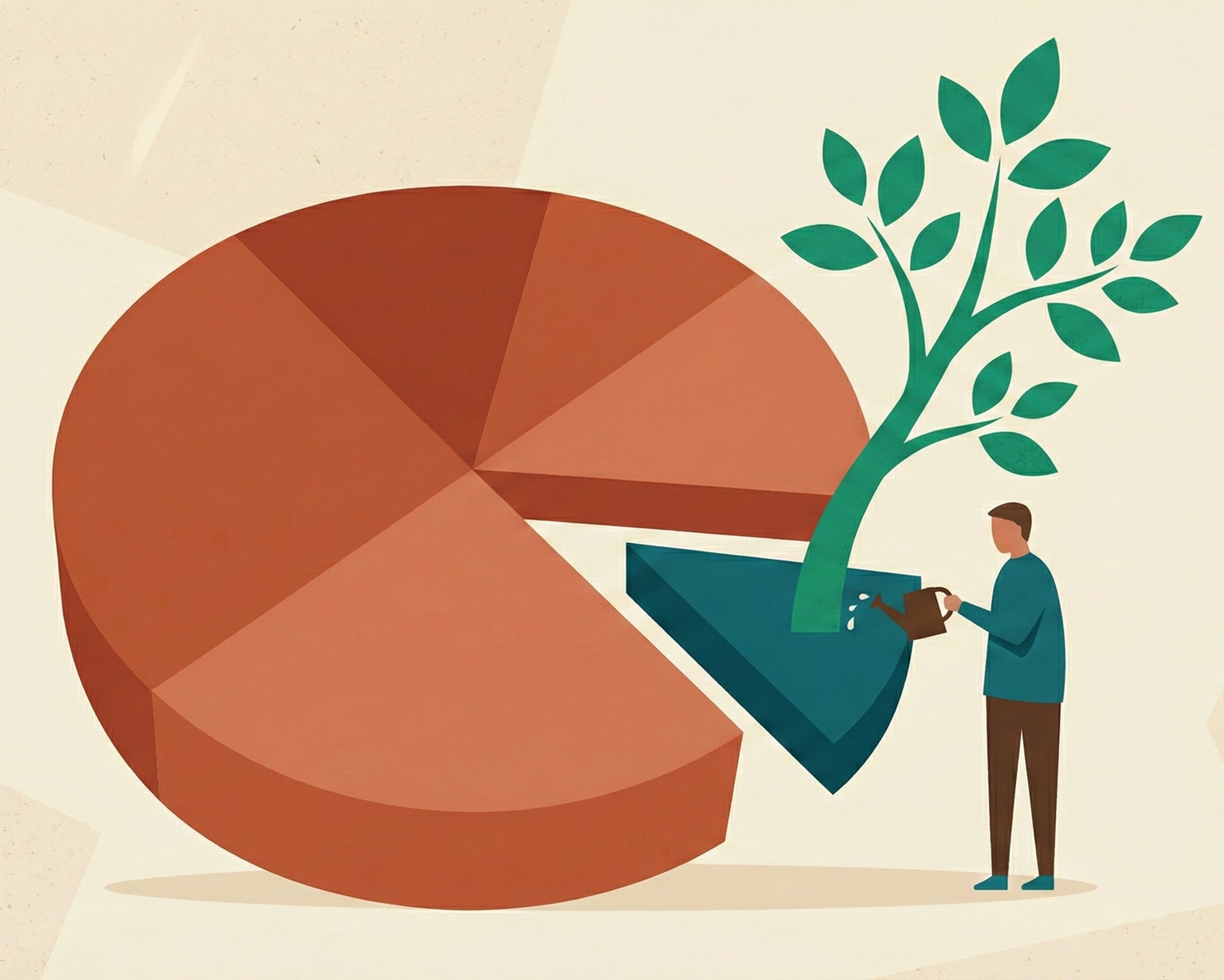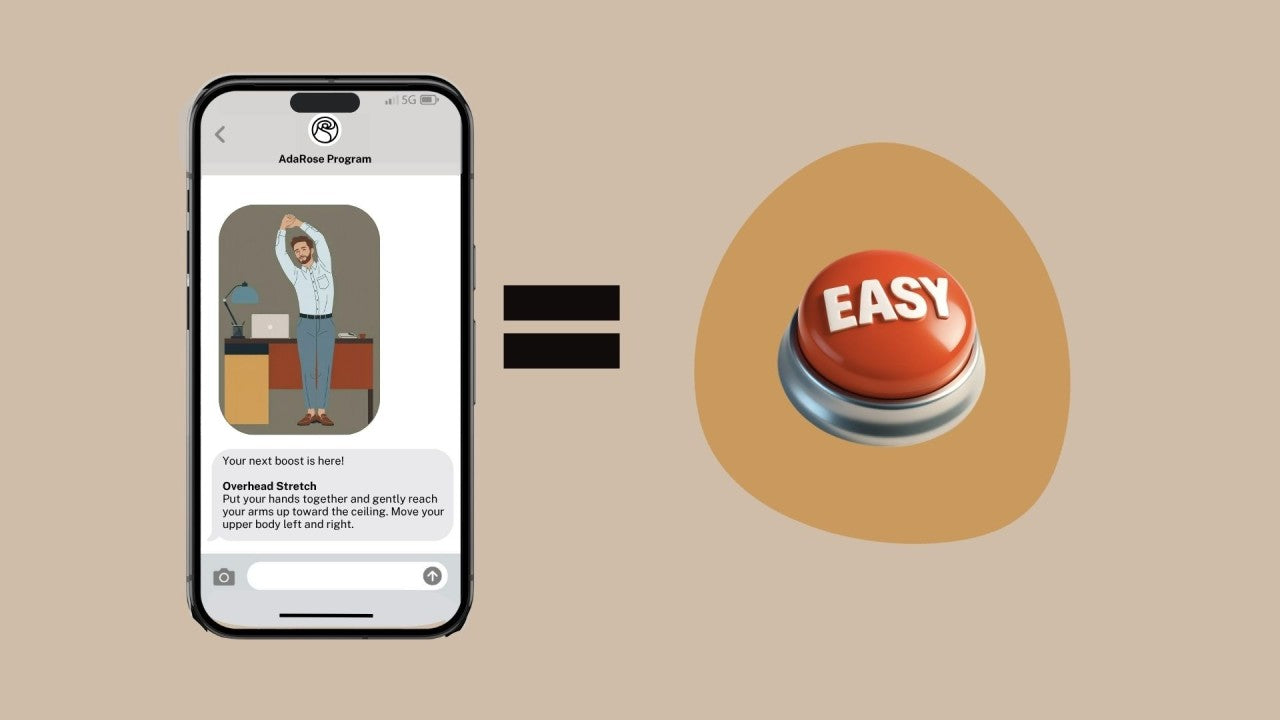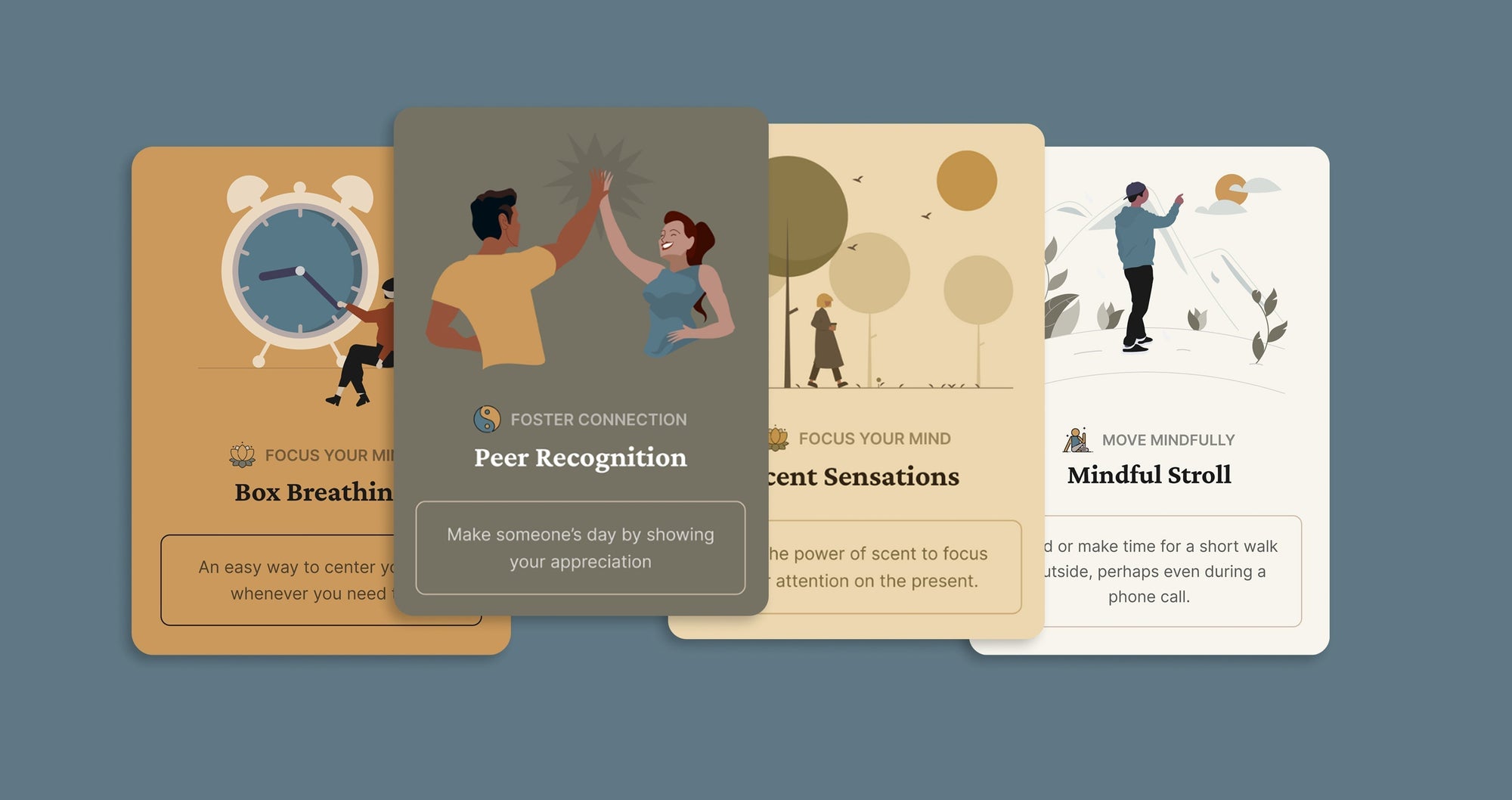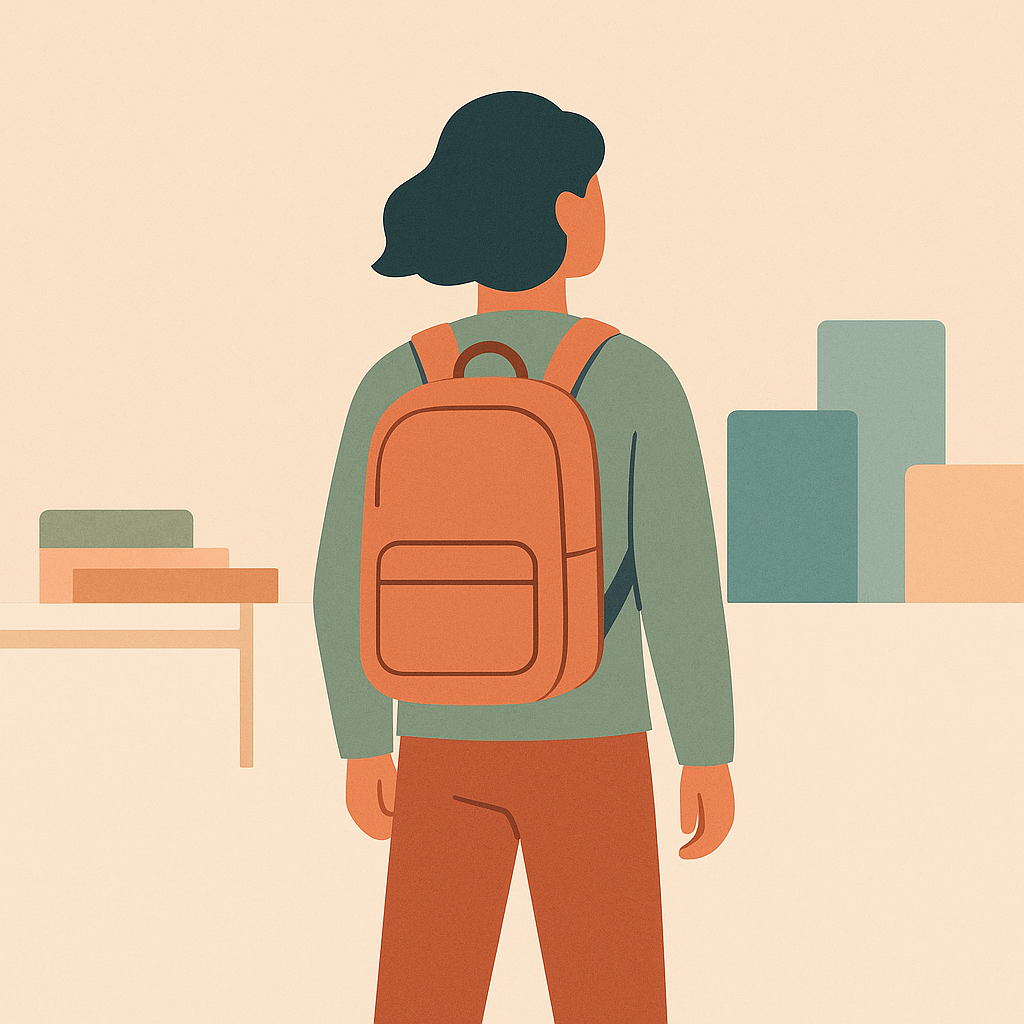One of my favorite presentations at South by Southwest (SXSW) last week was by Brené Brown, a researcher and best-selling author who focuses on emotion and human connections.
Brené premiered the first installment of an eight-part video documentary series based on her book, Atlas of the Heart, which explores her research on the eighty-seven emotions of the human experience. The series is slated to air publicly next week on March 31st, 2022.

Brené’s session got me thinking about the importance of listening to yourself in order to better understand your own emotions. This is a necessary step both in meeting your own needs, and in forging deeper connections with other people. Easier said than done, though.
What does it mean to listen to yourself?
Listening to yourself can include everything from listening to your body to tapping into your deepest emotional needs.
On the physical side, listening to your body means monitoring yourself to see if you are too cold, hot, thirsty, hungry, or tired. Or perhaps there’s a more complicated (and/or serious) health issue at play. Or, it may mean taking note of and appreciating what feels good, strong, and healthy.
It sounds silly, but as a busy professional and mother, I sometimes get so engaged in the things I’m juggling that I fail to recognize that I have a headache, or even that I need a bathroom break!

Yes, it’s OK to take a minute between meetings to get a drink of water. And really, the rest of the family can wait if you need to change into more comfortable shoes. Speaking of shoes, I recently sorted through mine and gave away several pairs that I refuse to wear again.
One pair I got rid of was these silver sequined shoes I bought for my friend Julie’s wedding nearly 20 years ago. I held onto them in part because I like remembering that day—being a bridesmaid for a good friend, and celebrating her marriage.
But I asked myself honestly if I’d wear them again. Style-wise, absolutely! Love them. But the mesh cuts my toes and my feet slip out. Today I am much less willing to put up with uncomfortable shoes than I was 20 years ago. Even if they do look great.
 Many women have been told from a young age that “beauty is pain,” and that suffering in exchange for meeting beauty ideals is OK, maybe even admirable. And while my feet have been subjected to much less than say, those of Chinese women with bound feet, I think it’s time we question that premise. I was happy to see my daughter and her friends wearing sneakers with dresses to their end-of-year dance a couple of years ago. (Progress!)
Many women have been told from a young age that “beauty is pain,” and that suffering in exchange for meeting beauty ideals is OK, maybe even admirable. And while my feet have been subjected to much less than say, those of Chinese women with bound feet, I think it’s time we question that premise. I was happy to see my daughter and her friends wearing sneakers with dresses to their end-of-year dance a couple of years ago. (Progress!)
Identifying our emotional needs
Many of us are worse at identifying our thoughts and feelings than we are at identifying our physical needs. What we interpret as a general sense of sadness may actually be the result of any number of emotional issues, such as a damaged relationship at home or work, an unhealed wound from years ago, or an underlying fear. When it comes to emotions, Brené said that her research indicates that most people can only recognize and articulate three basic emotions:
😊 happy
😥 sad
😡 angry (AKA "pissed off")
That’s a good start, but as she said, there is a much wider array of emotions (87 to be exact, according to her research!). For example, though they may both be interpreted as “sad,” anguish is very different from remorse. And relief is different from pride, or euphoria.
Why is it important to listen to yourself?
Research shows that people who are good at identifying their needs are also more likely to address them, and to have better mental health and a higher level of life satisfaction.
Throughout my career I’ve worked with a myriad of patient advocates. They have spent years managing physical (and/or mental or emotional) conditions that require ongoing vigilance and effort. To survive and thrive, especially when you need to navigate the healthcare system and advocate for yourself, you have to be able to understand and articulate your own symptoms.
Building and maintaining strong relationships with others in general also requires the ability to listen to your own needs. As Brené said, “connection is about reciprocity. It’s being seen and heard.” Articulating your own needs to others is part of the connection equation. And the ability to do so also boosts your ability to understand and address the needs of others.
Advice on how to listen better, and improve your life
The Ancient Greeks coined the adage “know thyself”: it’s been around for millenia, and there is no easy shortcut. Listening to and knowing yourself is a lifelong journey, but one worth starting with intention.
Brené shared some advice in her talk that may guide us to learn to listen to ourselves and to improve our lives more generally. I’m sure there’s plenty more in her book and documentary series. Here are a few pearls of wisdom to get you started:
-
Watch movies. “Movies are empathy machines,” as Brené said. So when you watch a movie, pay attention to how it makes you feel, and what the characters may be feeling. Try to put it into words so you can get better at listening to and expressing emotions.
-
Practice gratitude. Brené stated that a “robust gratitude practice” is critical in life. It appears to be a key underpinning of emotional wellbeing, reducing stress, and even self acceptance and self love.
-
Know that you are enough. Brené warned the audience not to “move through the world looking for evidence that you are not enough, because you will always find it.” According to her, Capitalism is designed so that we feel that we’re never enough–so you must look beyond the messaging on social media and elsewhere and carefully choose what you ingest.
-
Embrace joy. Brené says that joy is the most vulnerable emotion. A lot of us would rather live disappointed than risk actual disappointment in having our joy ripped from us. She advised, “allow yourself to feel joy by living in the moment and focusing on gratitude." This will help you to stop anticipating all of the possible bad outcomes and ruining the joy in the moment.
Are you a fan of Brené Brown, too? Has she helped you to better listen to and know yourself? How so?





